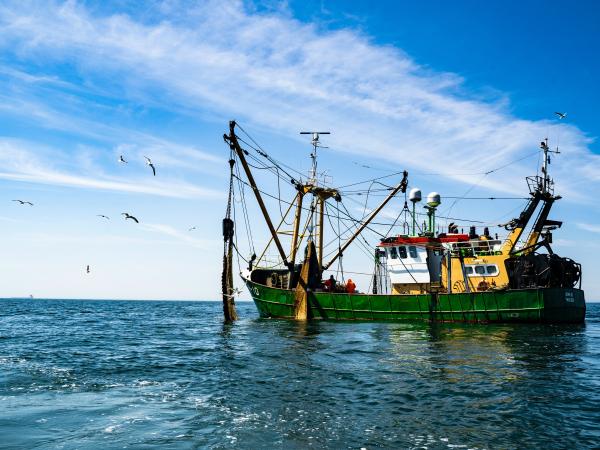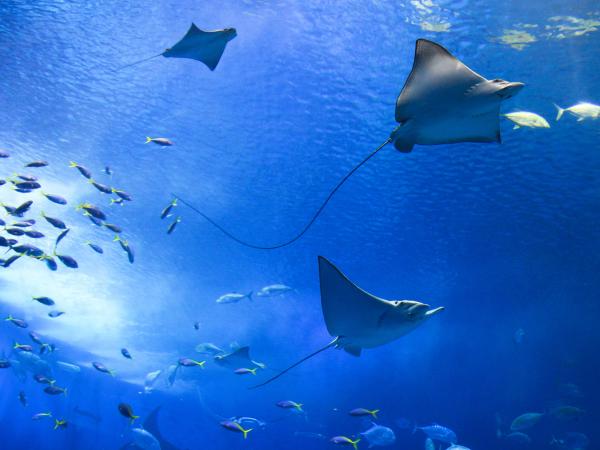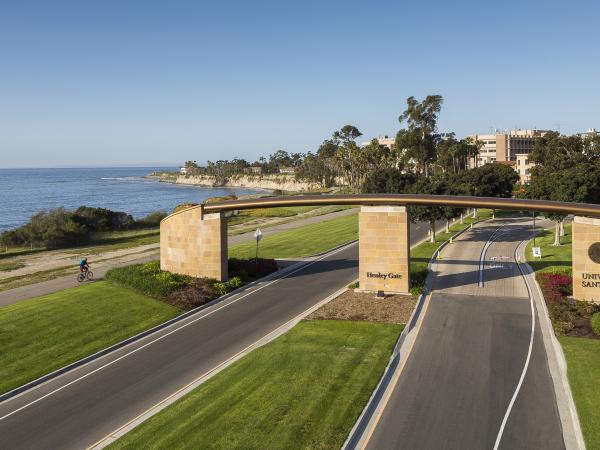
Professor; NCEAS Director
Education
PhD, Ecology, Evolution, and Marine Biology, UC Santa Barbara
BA, Biology, Carleton College
Bio
Ben Halpern focuses his research at the interface of marine ecology and conservation planning. His research has addressed a broad range of questions that span local to global scales, including spatial population dynamics, trophic interactions in community ecology, and the interface between ecology and human dynamics, all with the ultimate aim of informing and facilitating conservation and resource management efforts in marine systems. After receiving his PhD in 2003, he held a joint post-doctoral fellowship at the National Center for Ecological Analysis and Synthesis (NCEAS) and the Smith Fellowship Program sponsored by The Nature Conservancy. He was a research associate at NCEAS until 2013 and then appointed professor at the Bren School, and served as part-time Chair in Marine Conservation at Imperial College in London from 2013-2018.
Dr. Halpern has led and participated in many synthetic research projects that have advanced understanding of the state of the world’s oceans and the potential for marine reserves to improve ocean condition. In particular, he has led the development and mapping of cumulative impact assessments at global and regional scales in marine and freshwater systems and has been the lead scientist for the Ocean Health Index project. He also co-founded the Conservation Aquaculture Research Team (CART). He has also conducted field expeditions in tropical and temperate systems in the Caribbean, Red Sea, Mediterranean, Solomon Islands, Indonesia, various parts of the South Pacific, California, and Chile.
Ben Halpern is currently Director of the UCSB National Center for Ecological Analysis and Synthesis (NCEAS) in Santa Barbara.



